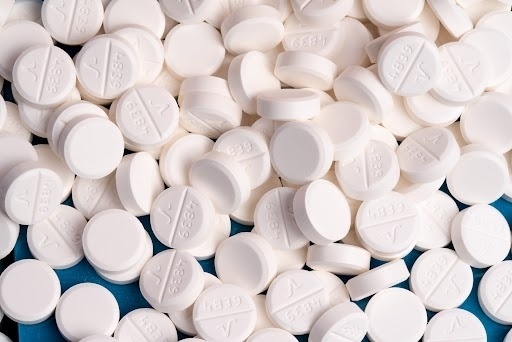During a May 18 meeting, the Houston City Council passed two ordinances related to substance misuse amid the city’s ongoing battle against the opioid epidemic.
As previously reported by Community Impact Newspaper, opioid overdose deaths are on the rise both locally and around a country, a trend some experts have attributed in part to the coronavirus pandemic and the resulting increase in stress it caused for many people.
The first ordinance authorizes a grant application for federal assistance to the Substance Abuse and Mental Health Services Administration. Officials with the Houston Health Department said they hope to use the money for first responder training related to using naloxone—the drug administered in the event of a narcotic overdose—on individuals overdosing on opioids. The funding would also support the Frontlines+ program, which sees first responders partnering with the Houston Recovery Center to connect overdose victims to services and education.
The grant would contribute $2 million for a period from Sept. 30, 2022, through Sept. 29, 2026, with no funding match required from the city.
According to the ordinance, Frontlines+ is a collaboration among the HHD, the Houston Fire Department, the Houston Recovery Center, the Baylor College of Medicine and The University of Texas at San Antonio. All HFD response units will be equipped with naloxone and given training for recognition of someone experiencing an opioid overdose and training for how to administer naloxone. The project will also allow for referrals to opioid treatment centers, education services and ongoing case management for overdose victims and creates a trauma-informed educational campaign on opioid overdoses.
“The principal goal of the Frontlines+ project is to address the opioid epidemic in the city of Houston by increasing HFD first responder access to and training in the use of naloxone for opioid overdose victims,” according to the ordinance.
The second ordinance authorizes an agreement between the city of Houston and The University of Texas Health Science Center at Houston for a Comprehensive Opioid, Stimulant Substance Abuse program for the Houston Police Department.
According to the ordinance, HPD is serving as the coordinating agency for the $720,000 grant and will collaborate with UT Health. HPD will use the money to provide equipment, supplies, travel and subcontracts to UT Health. The money will also help UT Health offer outreach and outpatient services to those who suffered from an overdose.
The goal of the agreement is to fund a collaboration with law enforcement and community service providers to help individuals get treatment rather than be put into the justice system; reduce the impacts of opioids, stimulants and other substances; and reduce overdose fatalities, according to the ordinance.
The funding will be allocated over the course of the next three years in $240,000 installments each year.





